On January 29, 2025, the Indian government approved the National Critical Mineral Mission aimed at achieving self-reliance and accelerating India’s journey towards green energy transition. The ₹16,300-crore project, with a total outlay of ₹34,300 crore, will be spread over seven years and is expected to promote exploration of critical minerals within the country and at offshore locations.
India’s National Critical Mineral Mission is a key initiative under the Atmanirbhar Bharat Programme, aimed at overcoming challenges associated with critical minerals. These minerals are vital for advanced technologies, clean energy, and defence industries. The mission was first announced in the Union Budget for 2024-25 on July 23, 2024, to enhance India’s self-reliance in this strategically important sector.
At present, China is the dominant player in global mineral processing. It holds a significant share of the critical minerals market. Beijing leads the global production of 29 key commodities, including 22 metals and seven industrial minerals. Even in cases where China does not have a complete monopoly, it exerts significant control through a “monopsony” effect—where a single dominant buyer can dictate market conditions. This concentration of power allows China to leverage its position for geopolitical influence.
Critical minerals form the backbone of modern and emerging technologies, playing a crucial role in clean energy, semiconductor manufacturing, and the defence and aerospace sectors. Unlike widely traded commodities such as iron ore and coal, critical minerals have limited supply chains, which are highly concentrated around China, making them vulnerable to market distortions and price volatility.
Ensuring mineral security has become a key national-level policy imperative, influencing areas from clean energy transition to defence capabilities. At the same time, the pursuit of minerals security clearly dovetails with broader dynamics of great power rivalry. It is thus imperative to understand what implications India’s National Critical Mineral Mission has for geoeconomic fragmentation and bloc formation.
Quick Reads
View AllLike most other nations, New Delhi relies heavily on imports for its critical mineral requirements, with China being a key supplier. Despite recent developments focused on improving relations with Beijing, India remains keen on diversifying its supply sources and boosting domestic exploration and production of critical minerals.
With demand for these critical minerals surging, supply chain security, cost stability, and energy reliability have become pressing concerns for import-dependent nations like India. The International Energy Agency predicts that demand could rise two to three times by 2030, further intensifying these challenges. Thus, with the approval of the National Critical Mineral Mission, India is seen carefully crafting its import as well as exploration strategy to circumvent risks while balancing international ties.
Key minerals like copper, lithium, nickel, cobalt, and rare earth elements are the backbone of modern clean energy technologies. From powering electric vehicles to strengthening electricity grids and wind turbines, these resources are indispensable to the global energy transition.
Recognising their strategic importance, India has been actively working to reduce its dependence on imports, particularly for lithium—a crucial component of battery technology. In 2023, the country identified 30 minerals, including lithium, as “critical” to support its clean energy goals and meet the growing demands of industry and infrastructure. That same year, India made a breakthrough discovery of 5.9 million tonnes of lithium reserves in its northern region. By 2024, it had secured exploration and production rights for lithium blocks in Argentina, further solidifying its supply chain.
Building on these efforts, the National Critical Mineral Mission targets 24 essential minerals, including lithium and cobalt. With a dual focus on domestic mining and overseas acquisitions, the initiative aims to position India as a key player in the global energy transition while enhancing its resource security for the future.
Capability-wise, India is still in the early stages of developing its lithium processing technology, a sector largely dominated by China. To bridge this gap, New Delhi has engaged with countries like Australia, Russia, and the United States, seeking technical expertise to advance its capabilities.
Beyond extraction, the mission also emphasises the importance of recycling key materials such as lithium, cobalt, potash, and graphite. Strengthening these value chains through improved technology, regulatory frameworks, and financial ecosystems is expected to reduce India’s reliance on imports and enhance its overall resource security.
In recent years, global mining and energy sectors have seen a surge in protectionist and interventionist policies, making access to critical minerals increasingly challenging. Given India’s vulnerability to geopolitical shifts and the rise of resource nationalism, the National Critical Mineral Mission is a timely step toward self-sufficiency. By securing a stable supply of essential minerals, the initiative not only supports the country’s energy and industrial needs but also aligns with its broader sustainability and economic resilience goals.
The intensifying great power rivalry and the subsequent spillover into the critical minerals realm, creating what is popularly called the security-sustainability nexus, have seen a new race in producing and trading essential battery materials, such as lithium, cobalt, and graphite. In these circumstances, curbing China’s dominance in critical minerals supply chains has become a priority for countries already facing security threats from Beijing.
Washington’s push to challenge China’s dominance in critical mineral markets gained momentum after reports from the White House and the US Geological Survey in 2021 revealed the country’s heavy reliance on China for processing 26 out of 50 minerals deemed critical by the US government. In response, the US has formed several minilateral partnerships, particularly in Europe and the Indo-Pacific, to reduce dependence on Chinese supply chains.
India, too, is taking strategic steps to secure its critical mineral supply. Through alliances like the Quadrilateral Security Dialogue (QUAD) Critical Minerals Partnership Act and the Minerals Security Partnership with the US, New Delhi is prioritising supply chain resilience and diversification. Beyond these initiatives, India is actively expanding its reach into Africa and Latin America, forging strategic partnerships to ensure a steady supply of essential minerals.
Experts note that such developments are driven purely by geopolitical motives rather than commercial interests. However, given India’s significant reliance on Chinese imports for key minerals, analysts remain cautious about the long-term success of these efforts. Some question whether India’s growing involvement in mineral diplomacy will truly enhance its self-sufficiency or simply position it as a secondary player in the US-led Indo-Pacific strategy aimed at countering China.
Increasing demand for critical minerals coupled with limited supply is driving up global prices. The International Energy Agency (2021) projects that mineral demand for clean energy technologies will increase at least fourfold by 2040 to meet global climate targets, with electric vehicle-related minerals experiencing particularly sharp growth. Graphite, nickel, lithium, and rare earth elements are expected to see a massive spike in demand under this scenario.
In this context, securing and diversifying mineral supply chains is not just a strategic necessity but also an economically sound policy decision. Through the National Critical Mineral Mission, India can strengthen its domestic supply while also deepening partnerships with geopolitically stable and resource-rich nations. Expanding mineral procurement from countries like Australia, Chile, Ghana, and South Africa presents a valuable opportunity for long-term resource security and investment.
The author is a researcher at the East Asia Centre, MP-IDSA, New Delhi, India. The views expressed in the above piece are personal and solely those of the author. They do not necessarily reflect Firstpost’s views.


)
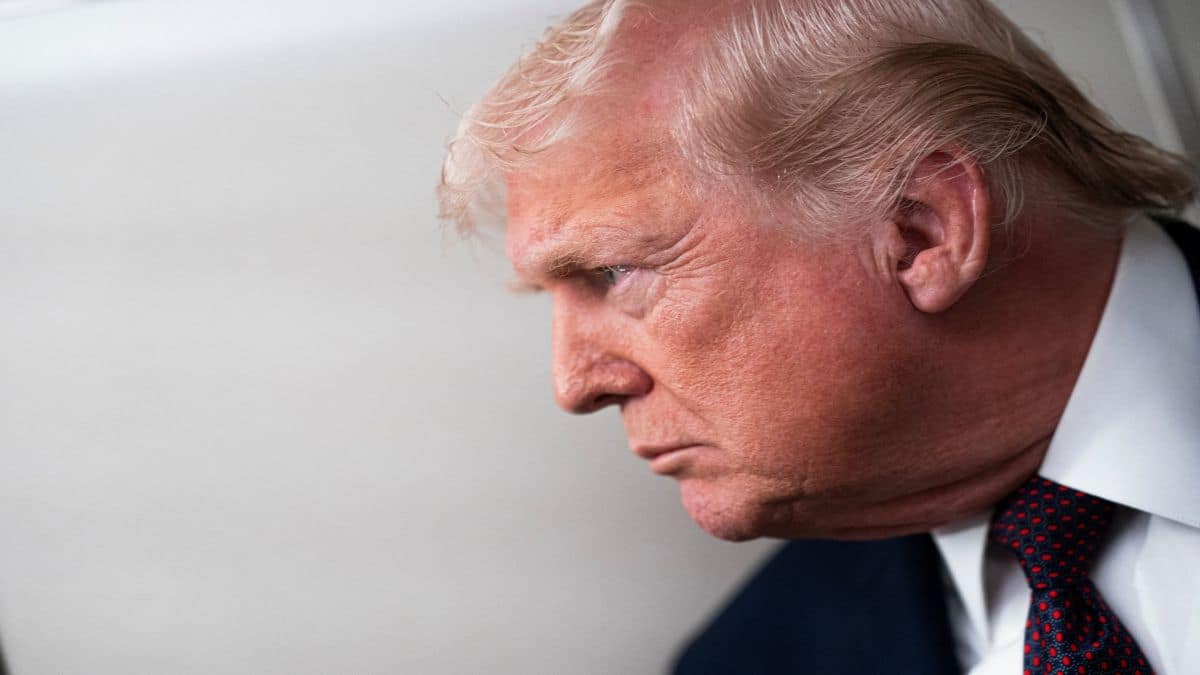
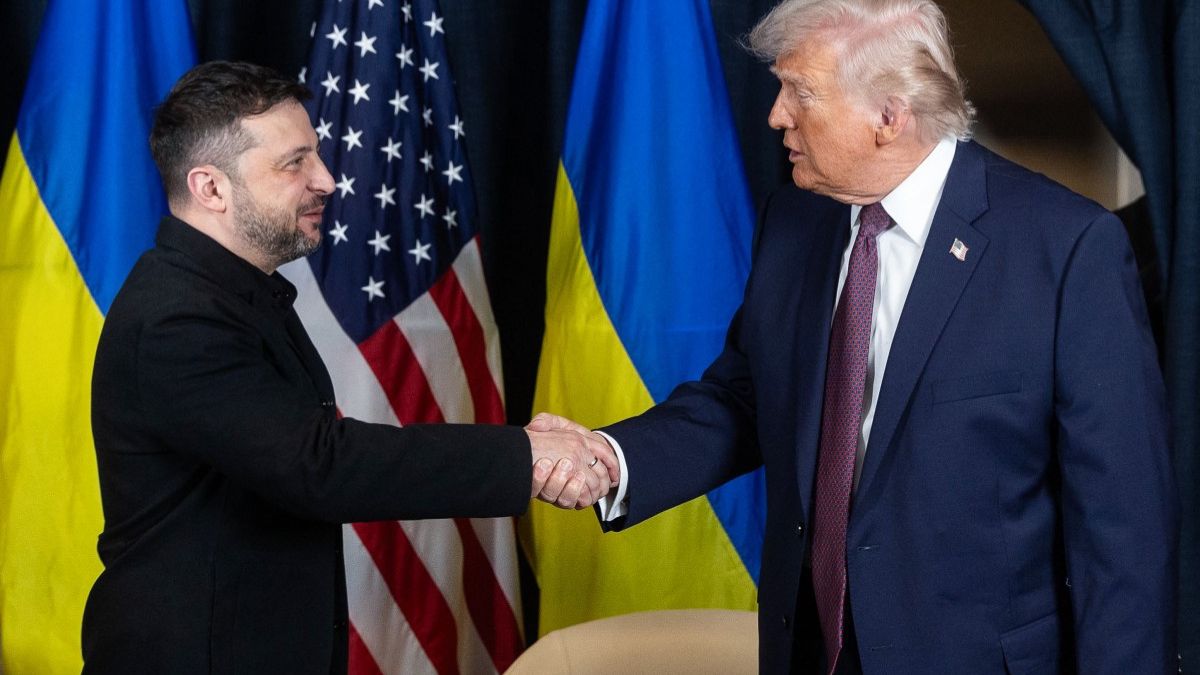)
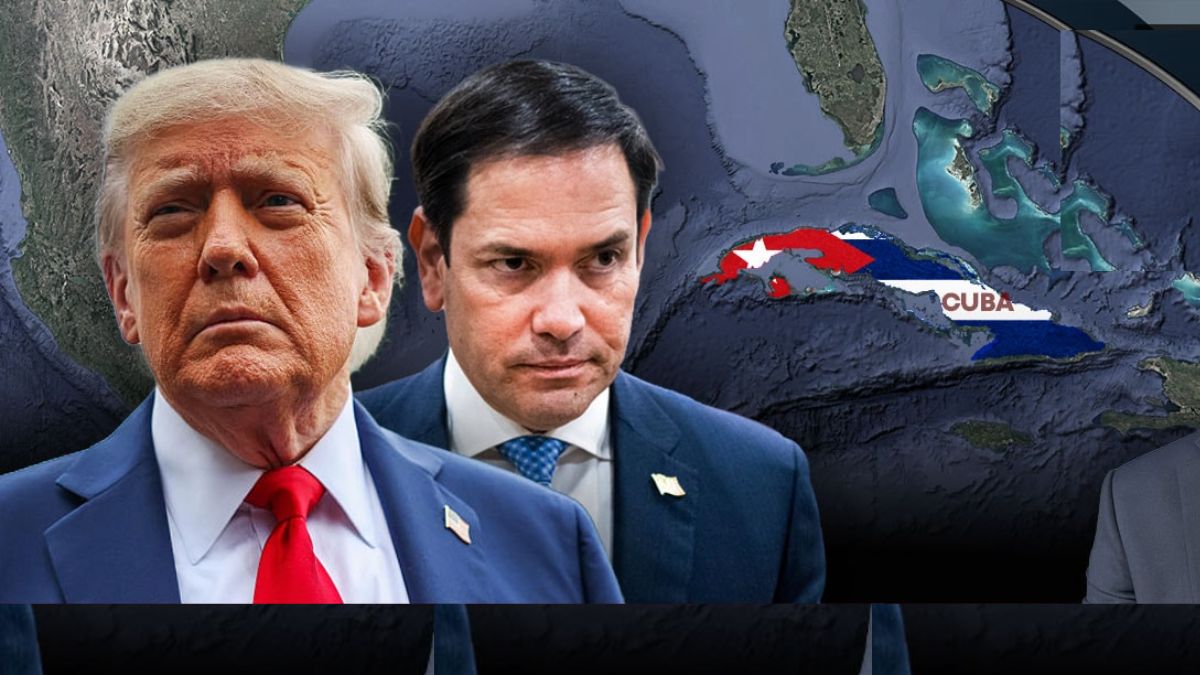)
)
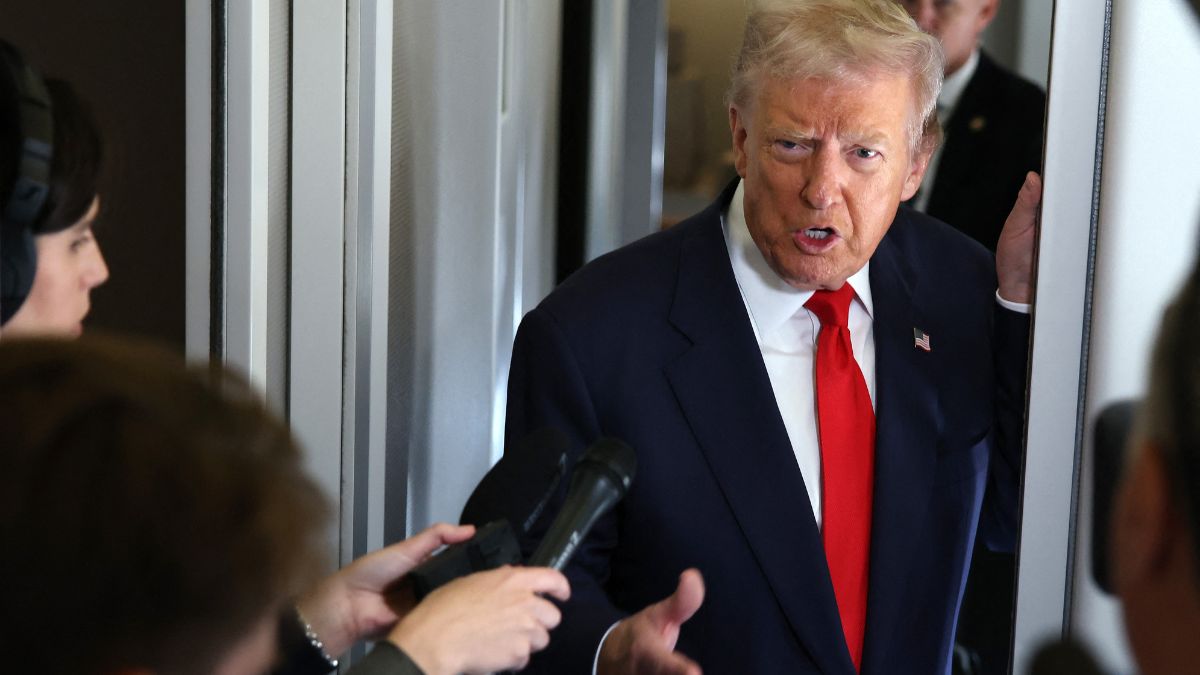)
)
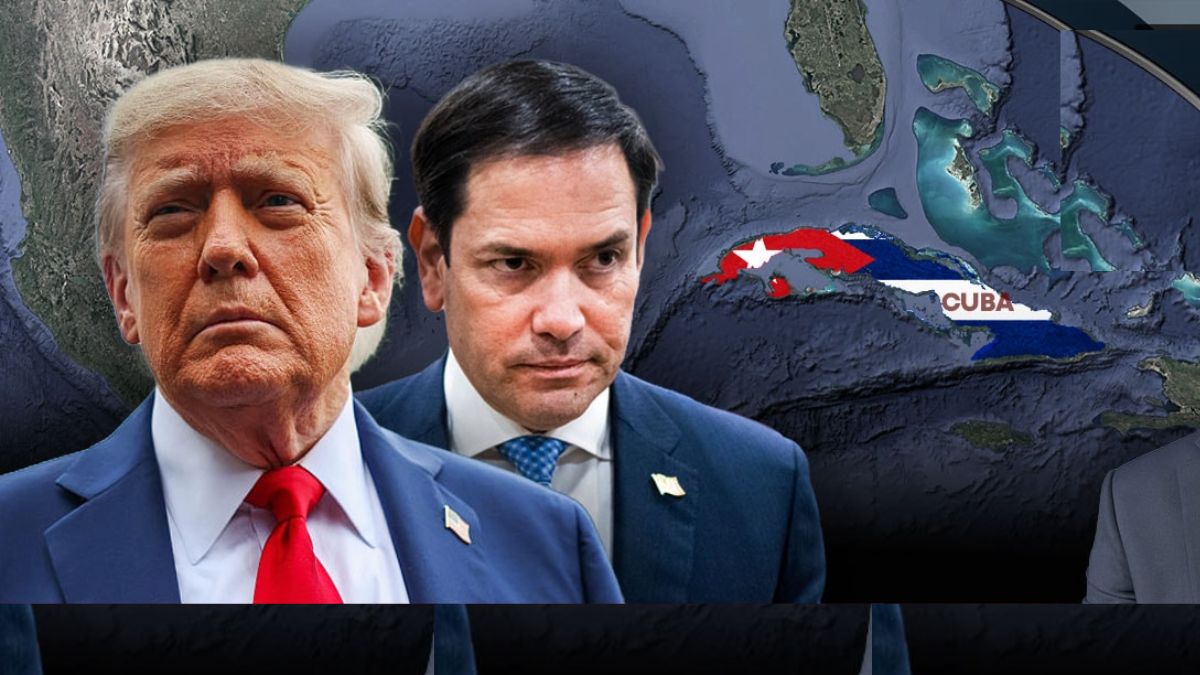)
)
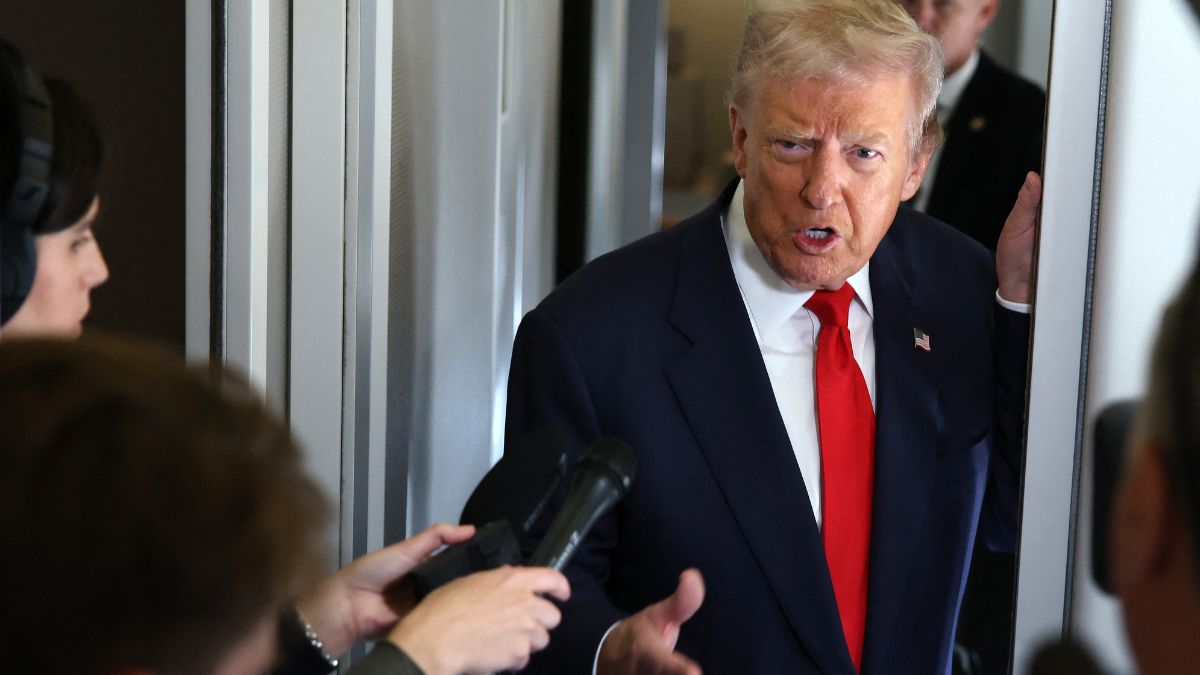)



